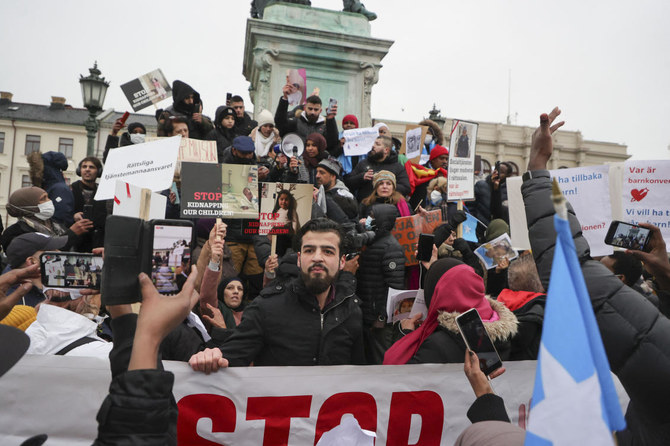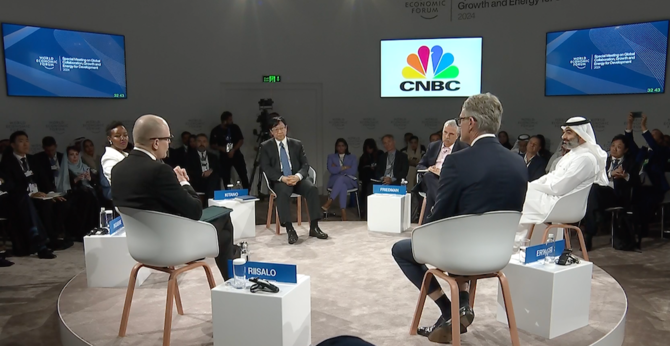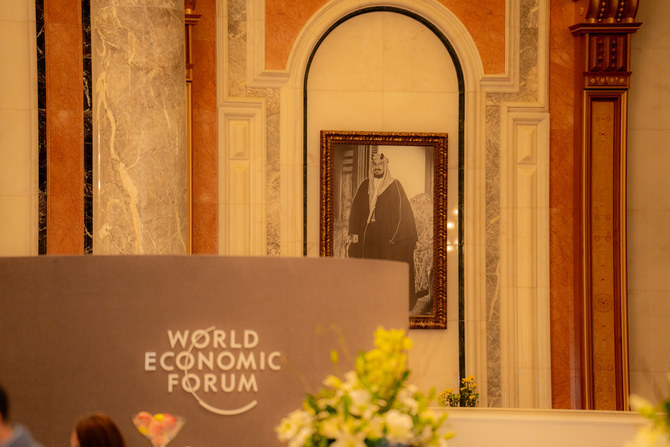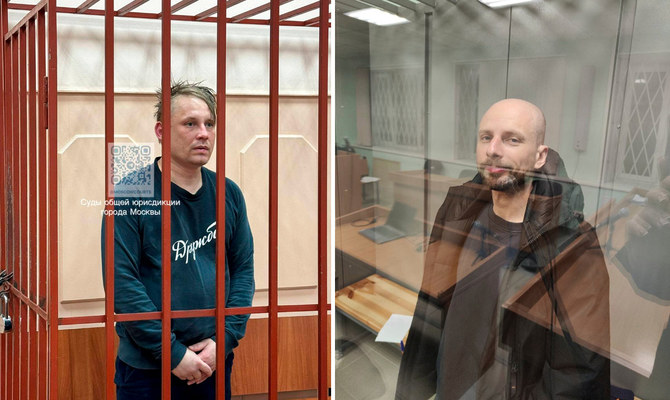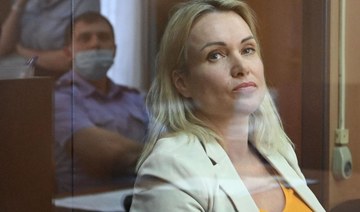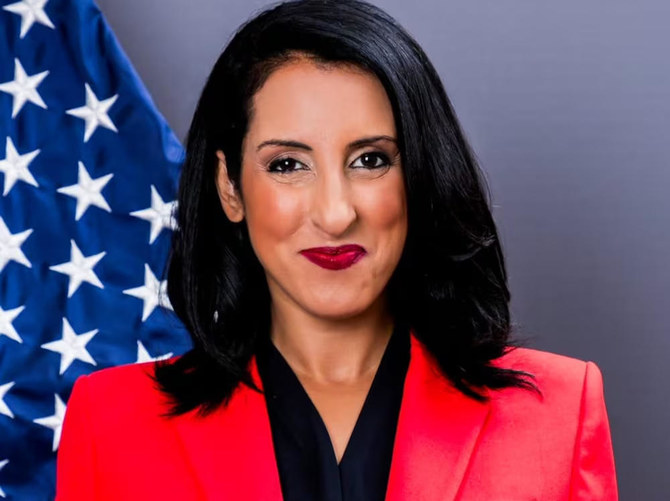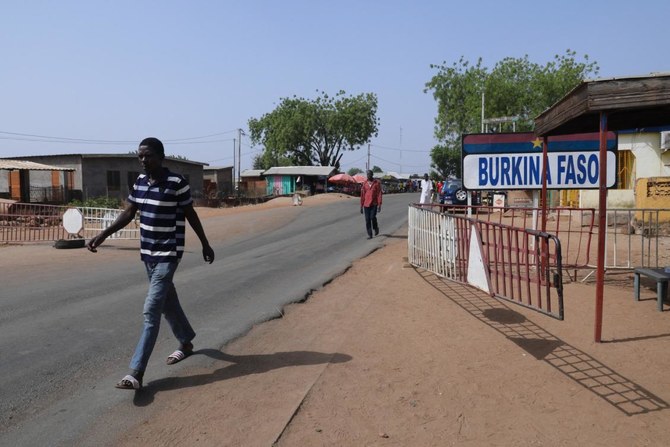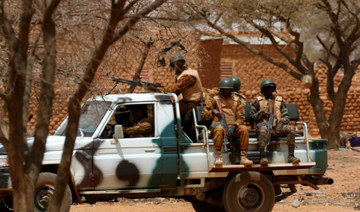LONDON: A politically motivated campaign accusing child-protection authorities in Sweden of “kidnapping” children has exposed the activities of an extremist Islamist website suspectedly tied to the Muslim Brotherhood, which is circulating fake news designed to whip up anger in minority Muslim communities around the world.
The Shuoun Islamiya (Islamic Affairs) website was set up in 2016, claiming to be “an awareness channel to spread Muslim issues and their news around the world and to confront campaigns that aim to distort the image of Islam.”
In fact, the channel has consistently distorted the reality of treatment of immigrant Muslim communities around the world, in an apparent bid to promote sectarian strife in their adoptive countries.
In Sweden, Shuoun Islamiya has found itself an ally in a fringe political party called Nyans (Nuisance), which ahead of elections in September is claiming the state is unjustifiably taking children away from their parents.
According to research by the Washington Institute’s Fikra Forum, set up to provide “on-the-ground perspectives and insight on the most pressing current events facing the Middle East,” Nyans was founded in 2019 by Mikail Yüksel, a Swedish politician of Turkish origin and is “focused on issues that its founders view as affecting Muslims in Sweden.”
Through its website and Twitter and Telegram channels, Shuoun Islamiya has kept up a steady stream of extreme content, including videos, accusing Sweden of being a fascist state where social services place Muslim children in Christian homes with paedophiles, or force them to drink alcohol and eat pork.
Unsurprisingly, Swedish government officials and social services have denied the allegations.
“We absolutely do not do that,” Migration and Integration Minister Anders Ygeman told AFP.
The only goal was to support families, he added, and the campaign was being fueled in part by “frustrated parents who have failed in their parenting” and were projecting their anger at authorities.
But “there are also malevolent forces that want to exploit these parents’ frustration to spread mistrust and division.”
Shuoun Islamiya is one of those forces and, if its objective is to stir up unwarranted outrage among the Muslim community in Sweden and around the world, it is working. Radical imams in Sweden and abroad and Muslim online influencers with millions of followers have spread the stories, sparking street protests across Sweden.
The website’s Twitter and Instagram accounts also push and promote Muslim Brotherhood salafists and loyalists, including detained Saudi extremist salafist Abdul Aziz Al-Turaife, among others.
It is unclear where Shuoun Islamiya is based. It may even be a one-man show. Its founder is listed as Mustafa Al-Sharqawi, who on his Telegram account (@MoustafaJournalist) describes himself as an “independent Muslim journalist.” He is also associated with a Telegram channel called Arab Affairs TV, which has over 17,000 subscribers.
Arab Affairs TV’s Twitter account (@Arabaffairstv) has been suspended for violating the platform’s rules, which state that users may not “threaten or promote terrorism or violent extremism”, “promote violence against, threaten, or harass other people on the basis of race, ethnicity (or) religious affiliation,” and “may not deceptively share synthetic or manipulated media that are likely to cause harm.”
However, Shuoun Islamiya’s Twitter account (@Shuounislamiya) — which has 178,000 followers — remains active, despite a series of recent Tweets perpetuating the myth that Muslim children are being kidnapped by authorities in countries including Sweden, Japan and Germany.
It is clear that its activities are creating division between Swedish communities. One response earlier this month, apparently from a Swedish citizen and aimed at Muslims in the country, read: “Swedish social services do not act without good reason and more often than not it requires some quite extreme behavioral dysfunction before they do … try to raise your children to respect others, get an education and become a productive member of society who understands and is invested in the social contract.”
The Muslim Brotherhood and its affiliates are using well-meaning liberals across Europe to cover for and further their own anti-democratic agenda, experts have warned.
At an event attended by Arab News and hosted by UAE think tank Trends Research and Advisory late last year, experts also cautioned that despite its relative decline in the past decade, the Brotherhood is adaptive and must be continually countered.
Dr. Lorenzo Vidino, director of the Program on Extremism at George Washington University, told participants that the Brotherhood was using “woke” language to “camouflage their true nature” as it takes hold in Europe.
“People experienced the ineffectiveness of the rule of the Brotherhood in 2012 and 2013,” he said. “People have become disenchanted with the Brotherhood.” But in the West, and particularly in Europe, the group’s status was “a more complicated question,” he added.
There, it is a “different Brotherhood, with different goals and priorities compared with Muslim countries."
There was a “coming-of-age of a second generation of activists who are European-born and are extremely well-versed in the European, Western political discourse,” he added.
Meanwhile, in Sweden, they have taken to peddling fake news about children in danger to garner support. On Feb. 20, the Shuoun Islamiya Twitter account posted four photographs, taken on the same day, of what purported to be a group of children in Syria, captioned “Solidarity of Syrian children with children in Sweden, We ask Allah to grant relief to all Muslims around the world.”
In the photographs the children are holding posters, written in Arabic, that read “Social kidnaps the children from their mothers”, “Stop kidnapping our children, whoever has humanity save the Syrian children in Sweden,” and “No happiness for the children except with their mothers.”
In a video posted on Feb. 18, Shuoun Islamiya claimed that the two daughters of Swedish-based Muslim writer Seyed Issa Musavi “were kidnapped in Sweden” and that the judge in the family court hearing the case “ruled that his daughters should not return because of the books he writes about Sweden, and this is another proof of the lie of freedom of expression in Sweden.” One of Musavi’s books is called “Forced conversion of Muslim children in Sweden.”
In one post in his own Twitter account, Musavi alleges that “Sweden Kidnapps Children (girls) move to remote areas, raped by Swedish OFFICIELS. This one, 8-years Child- girl.”
Julia Agha, head of the Arabic-language news outlet Alkompis, based in Stockholm, told AFP that the campaign had its roots in protests by Muslim families whose children had been taken into care by social services.
“What’s happened is that this campaign has ended up in the hands of forces abroad that have put a religious filter over it and are spreading disinformation, which now looks more like a hate campaign against Sweden and Swedish society.”
The disinformation campaign is exploiting the sense of isolation felt among many immigrant Muslims in Sweden, a generous country that has struggled for years to integrate new arrivals.
Sweden, a wealthy country of 10.4 million people, granted asylum and family reunification to more than 400,000 people from 2010 to 2019 — more per capita than any other European country.
“Sweden still has many integration challenges, not least when it comes to segregation,” Agha told AFP.
She said many immigrants struggled to learn Swedish, lived in areas where they interacted only with other immigrants, and didn’t feel a part of Swedish society.



